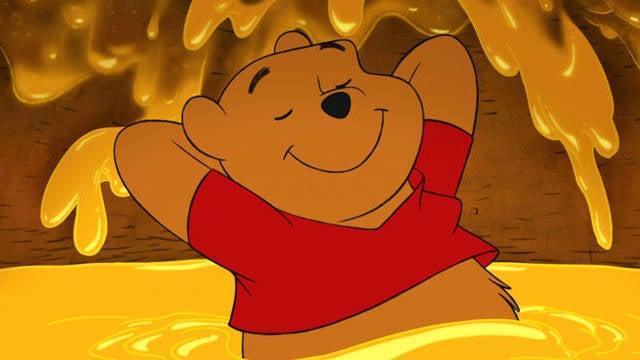A new year is almost upon us, which means a number of milestones and new changes in the pop culture landscape. Among them is the updates to the United States public domain, which often gets new intellectual properties due to the specifics of the Copyright Term Extension Act of 1998. The current rules will allow for works from 1926 to enter the public domain after a 96-year extension in 2022 — and that will include some significant names. Among them is A.A. Milne’s Winnie the Pooh short story collection, and all of the characters within them (except for Tigger, who wasn’t introduced until 1928 and will be under copyright until 2024). Once Winnie the Pooh enter the public domain, it can legally be shared, performed, reused, repurposed, or sampled without permission or additional cost.
Videos by ComicBook.com
This only applies to the original works, and not to the subsequent adaptations and merchandise, which allows for Disney’s incarnation of Winnie the Pooh to still be held under trademark by Disney.
The 2022 crop of public domains additions will also include Felix Saten’s Bambi, a Life in the Woods, Ernest Hemingway’s The Sun Also Rises, Dorothy Parker’s Enough Rope, Langston Hughes’ The Weary Blues, T. E. Lawrence’s The Seven Pillars of Wisdom, Kahlil Gibran’s Sand and Foam, Agatha Christie’s The Murder of Roger Aykroyd, Edna Ferber’s Showboat, William Faulker’s Soldier’s Play, Willa Cather’s My Mortal Enemy, D. H. Lawrence’s The Plumed Serpent and H. L. Mencken’s Notes on Democracy.
“Due to differing copyright laws around the world, there is no one single public domain – and here we focus on three of the most prominent,” the Public Domain Review explains. “Newly entering the public domain in 2022 will be: works by people who died in 1951, for countries with a copyright term of “life plus 70 years” (e.g. UK, Russia, most of EU and South America); works by people who died in 1971, for countries with a term of “life plus 50 years” (e.g. Canada, New Zealand, and most of Africa and Asia); and works published in 1926 (and all pre-1923 sound recordings), for the United States.”
For the first time ever, due to a 2018 legislation, sound recordings from the earliest era of audio will also be part of the public domain. According to copyright experts at Duke University, close to 400,000 sound recordings from 1923 will now be available.
What do you think of Winnie the Pooh soon entering the public domain?









